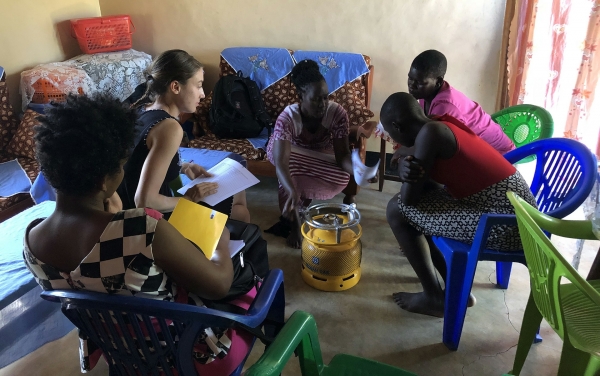The fastest growing type of offset on the global carbon market subsidizes the distribution of efficient cookstoves in developing countries to reduce greenhouse gas emissions, but a new study finds that the stoves’ carbon saving credits are vastly overestimated, by a factor of 10.
The overestimation undermines efforts to counteract carbon emissions to slow climate change, since companies use these offsets to meet climate targets and to sell products labeled as “carbon neutral” instead of making real reductions in greenhouse gas emissions. It also undermines trust in the carbon market, and therefore the market’s ability to support the long-term financing of efficient stoves.
Carbon registries adopt methodologies which define which projects are allowed to participate in the offset market and how emissions impacts should be estimated. Project developers, such as cookstove suppliers, are responsible for following these methodologies to monitor and estimate their project's emissions reductions and thus the allotted carbon credits.
Read more at University of California - Berkeley
Image: Annelise Gill-Wiehl studied the introduction of efficient cookstoves in Tanzania. Here, women gathered to hear about their advantages. (Credit: Annelise Gill-Wiehl/UC Berkeley)


